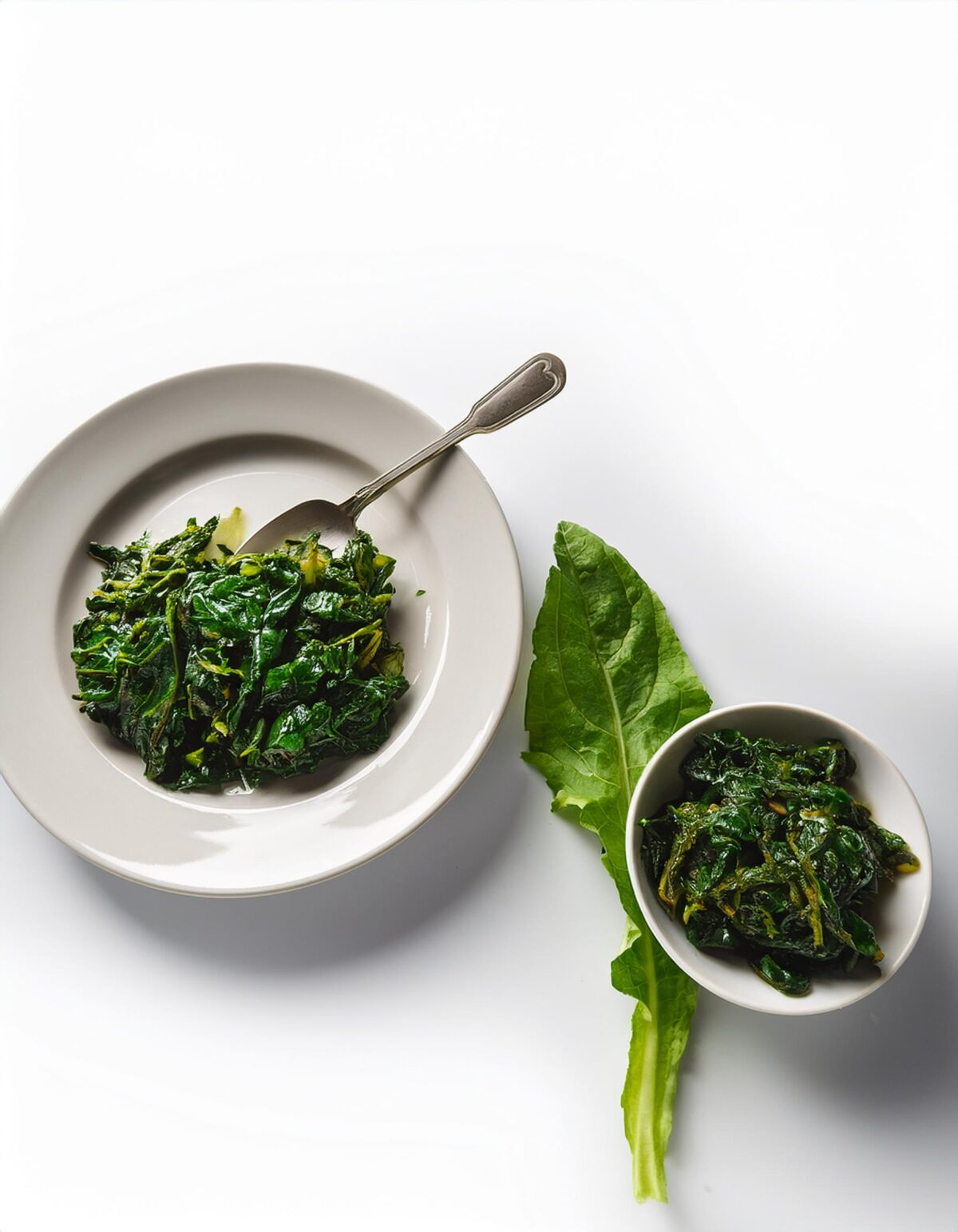Horta
INGREDIENTS
- Horta (any green plants that won’t kill you)
- Salt to taste
- Lemon or lime juice to taste (if available)
- Olive oil to taste (if available)
PREPARATION
- Sort through the horta and remove any browned or discolored leaves.
- Remove any roots and excess dirt. Then thoroughly wash the horta. The best way to do this is to work with two large bowls. Fill each with water and submerge your horta, a few handfuls at a time, in the first bowl. Place your hand in the water with the horta and shake it, almost like an agitator in a washing machine. After about 30 seconds, transfer the horta to the second bowl, which is also filled with water. Empty the first bowl and refill with water. Repeat the agitation motion in the second bowl.
- Repeat this process until the water left after transferring the horta is crystal clear.
- Bring a large pot of water to a boil. Add salt to taste (we usually add 1 teaspoon per 4 liters of water). Once the water is boiling, add the horta.
- Cook uncovered on medium heat for about 20-25 minutes until the horta is soft. Stir the horta in the pot every 5 minutes or so.
- Drain, but save the cooking liquid.
- Just before serving, lightly drizzle the horta with lemon juice and olive oil. You can also add salt at this point if desired.
- Store the reserved liquid in the refrigerator until you’re ready to drink it or use it. If you plan to drink it as tea, you may add a bit of honey to reduce bitterness.*1
1* https://miakouppa.com/2017/05/15/horta-%CF%87%CF%8C%CF%81%CF%84%CE%B1/
“When the Germans came, they took all our food. Overnight, we were thrown into the depths of poverty. Our food supplies were confiscated for the German army. That’s what we were told, and it was wartime, so we had no say in the matter. At that time, there were no discussions. They took all our animals, so we had no milk, eggs, or meat for a long time. We could go and pick fruits from our trees in our orchards, but if the Germans saw us on the road carrying them back to our house, they would confiscate them. (…) Our food was now the property of the German army. We couldn’t bake bread; all the grain was confiscated, and we had no flour. We couldn’t even make pita. From time to time, when my brother received an order from the Germans, he would be given a loaf of bread in return. Sometimes he helped carry something, build something, or clear a road, whatever the soldiers told him. Only then did we see bread in our house. (…) In those times, hunger was very real. We ate as much as we could, which was mostly snails and horta, whatever was in season at the time. The Germans never stopped us from foraging for greens. We would go in small groups of girls, from our village (Fournes) to the neighboring village of Ayia, where there were many open fields, and the sacks we carried would be filled with snails and horta: nettles, wild artichokes, amaranth, nightshade, thistle, sorrel, dandelion, things like that. We gathered everything we could carry, and then returned to the village, carrying a huge sack on our backs. Then we would sit for hours cleaning the horta. I don’t know if it would have been better if we were locked in our houses with some bread and olive oil. That would have sustained us for a long time and kept our stomachs full, but horta, well, no matter how much you eat, you still feel hungry.”*2
See related
 # Blockade
# Blockade  Syria
Syria

